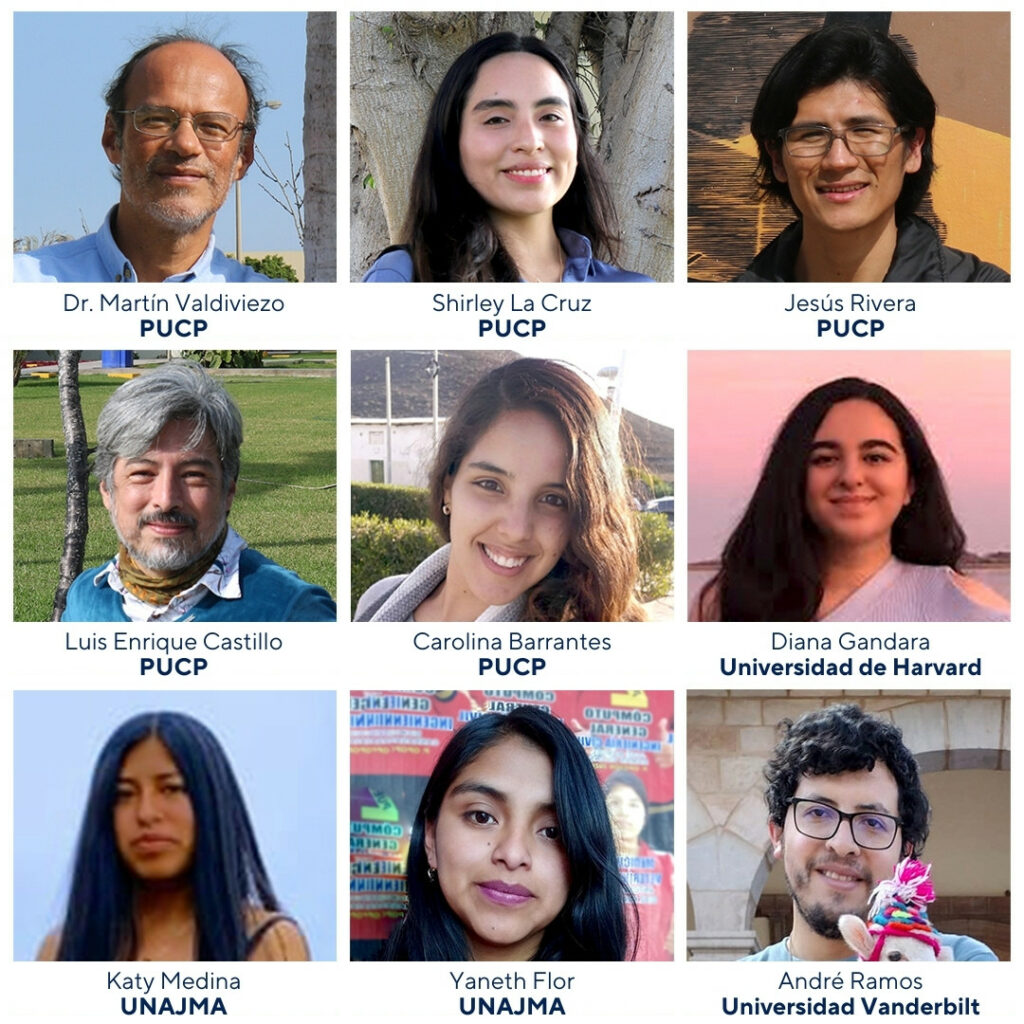Victor Mendoza
International Network of Intercultural Studies - PUCP
The content of this news item has been machine translated and may contain some inaccuracies with respect to the original content published in Spanish.
The works of José María Arguedas show us the different divisions of our country. With a wealth of nuances, they speak to us of the contrasts between the Andean and western worlds, between Quechua and Spanish; in the ways in which we relate to each other among Peruvians and even with other countries. Today, his widely studied work is the starting point to get closer. This virtual volunteer program connects students from the PUCP, the Universidad Nacional José María Arguedas (Unajma) of Andahuaylas, Harvard University and Vanderbilt University to re-evaluate Arguedas' literary work and adapt it to new digital formats.
By gathering their experiences and feelings, the participants will propose an integral and multicultural reading of his work, says Dr. Martín Valdiviezo, professor of the Academic Department of Education and member of the volunteer group. "The main objective is to produce a multiplatform material that presents Arguedas' work to adolescents in Quechua, Spanish and English," he adds. The project will run until the end of August and will produce a digital text, a podcast and audiovisual material.

The project, called "Todes les sangres", takes advantage of the virtualization inherent in the context of the pandemic. "We saw that there was an opportunity to organize distance volunteering that would unite students in their interest in reviewing Arguedas' work and their desire to contribute to the cultural development of our societies," says Dr. Valdiviezo.
In order to achieve international and interdisciplinary participation, the work of the Intercultural Studies Network (Ridei - PUCP) was key. The group built bridges to work with the Cultural Agents Initiative of Harvard and the Professional School of Intercultural Primary Education of UNAJMA, in coordination with professors Justin Hu and Luis Mujica respectively. Thus, it was able to convene students of Literature, Political Science, History, Archaeology, Law, Education and Philosophy.
The goal is to adapt Arguedas' evergreen work into multimedia pieces in different languages. "We hope to distribute the final product to high schools in Peru and the United States. In this way, more young people will be able to become interested, approach and explore Arguedas' work," he adds.
To create the multimedia products, volunteers will share their own readings of Arguedas, their views and motivations. They will also work together to translate them into Quechua and English. "I think it is important to disseminate Arguedas' work in this way. In this way, we maintain the relationship between the Andean cosmovision and the urban world," says Bac. Jesús Rivera, a Philosophy graduate from PUCP and part of the volunteer Quechua translation commission.
Katy Medina Alarcón, a student of intercultural primary education at Unajma, highlights the relevance of this literary corpus. "My parents and grandparents are Quechua speakers. Arguedas' work has allowed me to reflect on Peru's cultural plurality. Bringing it to more platforms will make it possible for other people to reflect on their own environment," he says.
In turn, Mery Salas, also a student at Unajma, highlights the richness with which different identities of Andean and Quechua-speaking Peru are described. "I am still finding figures and elements that open a wider scenario to understand the reality of our country," she adds.
And not least, for some members of the volunteer program this will be the first approach to the Peruvian author. "This volunteering has given me the opportunity to learn about the work of José María Arguedas. I am excited to bring it to more people," says Diana Gándara, a Sociology student and member of the Committee on Ethnicity, Migration and Rights at Harvard University.